THE UNIVERSITY OF SASKATCHEWAN’S MAIN CAMPUS IS SITUATED ON TREATY 6 TERRITORY AND THE HOMELAND OF THE MÉTIS.
THE UNIVERSITY OF SASKATCHEWAN’S MAIN CAMPUS IS SITUATED ON TREATY 6 TERRITORY AND THE HOMELAND OF THE MÉTIS.
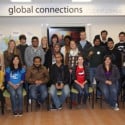
By Nicole Barrington February 29, 2012
Social justice groups will be celebrating at Louis’ Pub for the Carnival of Solidarity on March 2. The annual event consists of dance performances from various cultures, ethnic cuisine and presentations from local advocacy organizations.
In addition to a celebration of diversity at the University of Saskatchewan, the carnival is a networking opportunity for students and social justice groups as well as a fundraiser for Iskwewuk Ewichiwitochik (Women Walking Together), which is a local community organization that raises awareness and supports families of missing Aboriginal women.
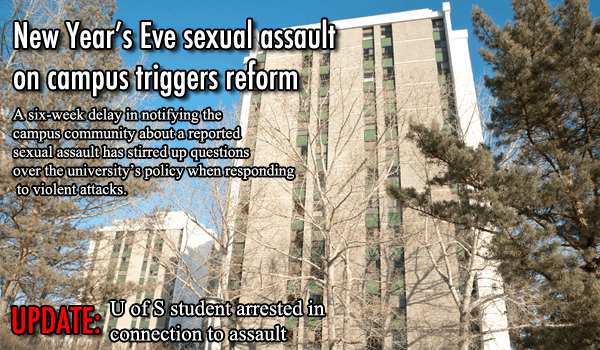
By Daryl Hofmann February 29, 2012
A six-week delay in notifying the campus community about a reported sexual assault has stirred up questions over the university’s policy when responding to violent attacks.
It was reported that alcohol and other drugs may have been involved in theassault. This incident was first reported to, and is being investigated by, the Saskatoon Police Service. The university is fully co-operating in this investigation.
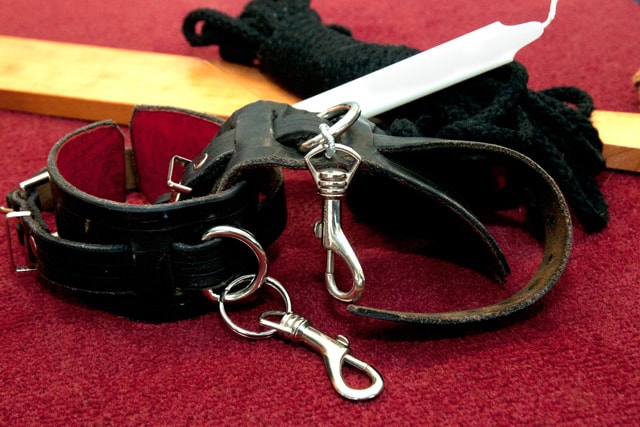
By Canadian University Press February 26, 2012
“Consent is a critical tool in western legal traditions,” says the University of Victoria’s own Dr. Maneesha Deckha in her article “Pain, Pleasure and Consenting Women.”
However, BDSM (Bondage, Discipline, Dominance, Submission, Sadomasochism) sexual practices hover in a legal grey area where the law states that people cannot consent to physical harm unless it’s in the context of “socially useful activities.” Acceptable activities have been recognized by Canadian common law as sporting activities, body piercings and tattoos, surgical interventions, and stunts. S/M sexual practices, in the eyes of the Canadian Court, do not fit the bill.
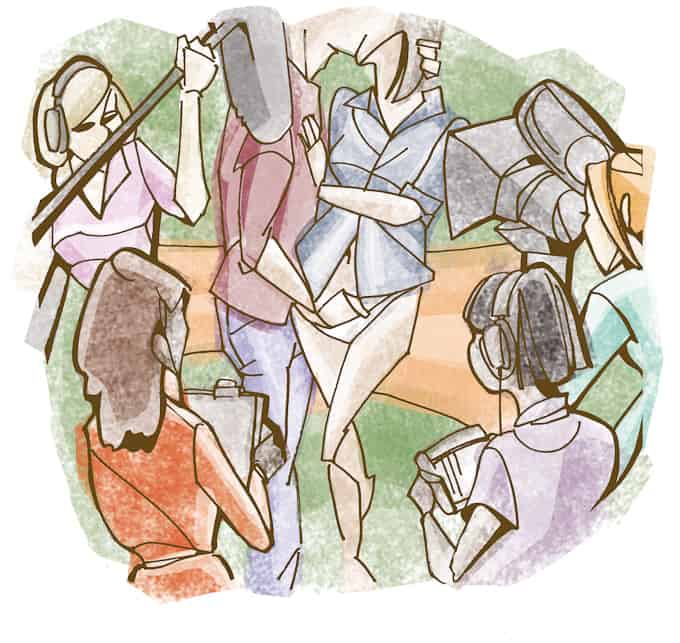
By Canadian University Press February 25, 2012
Porn and feminism make odd bedfellows.
Mention pornography to feminists of previous generations, and they’ll likely shudder. Porn at its worst is demeaning and sometimes even violent, which is in opposition to a movement that makes empowerment its goal. But a new generation of feminists has transformed these anti-porn sentiments. Having grown up in an increasingly sex-positive culture, third-wave feminists began reexamining pornography in an effort to reform the industry. Thus, a feminist porn movement was born.

By Canadian University Press February 25, 2012
STIs, or sexually transmitted infections, have been a feared and stigmatized topic since biblical times. In contemporary times, we see a prominent stigma surrounding these infections. People are often labelled as “dirty” or “overly promiscuous” due to their affiliation with STIs. These people find themselves affected by a stigma that suggests all STIs are unmanageable problems that cause a person to be tainted for life. Though stigmas have been helped along by popular culture and old literature (for example, every Shakespeare comedy written), it is often taboos that prevent communication about STIs.
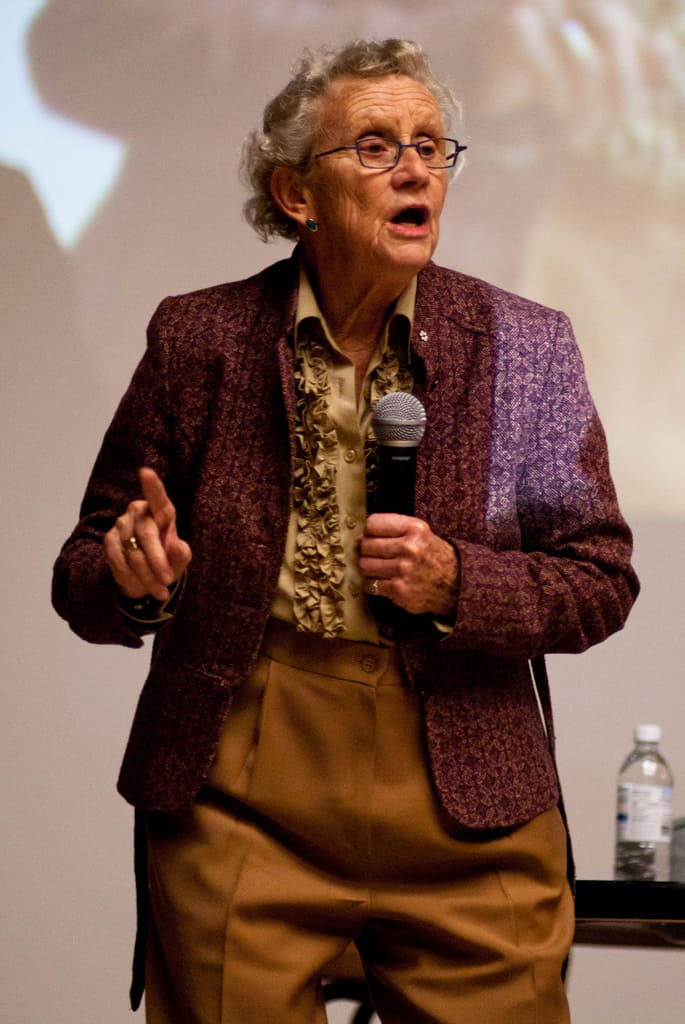
By Canadian University Press February 25, 2012
Many Canadians of a variety of ages can associate late night sex-related programming with none other than the world-renowned sex educator Sue Johanson, host of the now-retired The Sunday Night Sex Show.
Johanson was awarded the Order of Canada for her work in the field of sex education, providing many young people with knowledge they wouldn’t otherwise receive from schooling or home — all before the popularity of her television show.
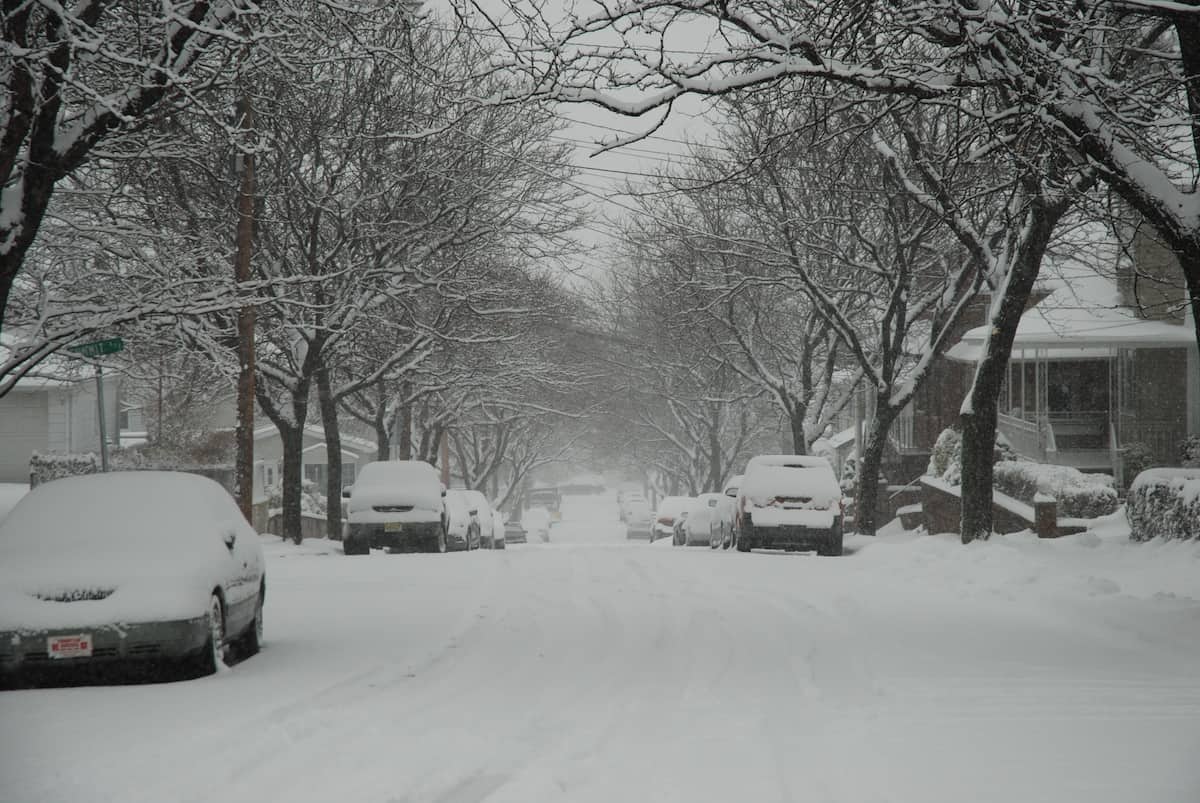
By Ishmael N. Daro February 24, 2012
Environment Canada warns Saskatoon and Southern Saskatchewan will face a “major winter storm beginning on Saturday.”
The late-winter chill comes to the area via Alberta and promises “a heavy dump of snow and very strong easterly winds,” with 10 to 25 centimetres of snow before the end of the weekend. Despite the bad news, Saskatoon will be spared the brunt of the storm as the corridor stretching from Kindersley to Moose Jaw is expected to get the heaviest snowfall.
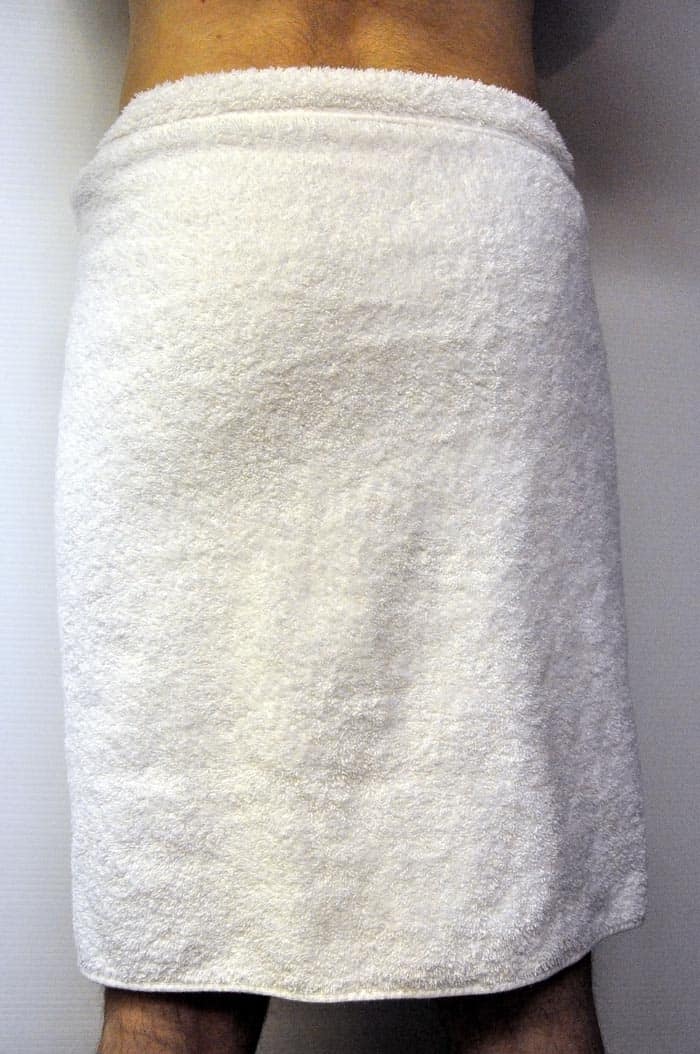
By Canadian University Press February 24, 2012
Tall, athletic, handsome and an easy fit for the “jock” label when it comes to gay subcategories, 21-year-old Concordia student “Connor” visits Sauna Oasis in the gay village every couple of weeks with his boyfriend, also a university student.
“It all starts with eye contact,” he said of getting laid at the baths. “If I’m interested, I’ll look back twice to get his attention. Just looking at each other says a lot.